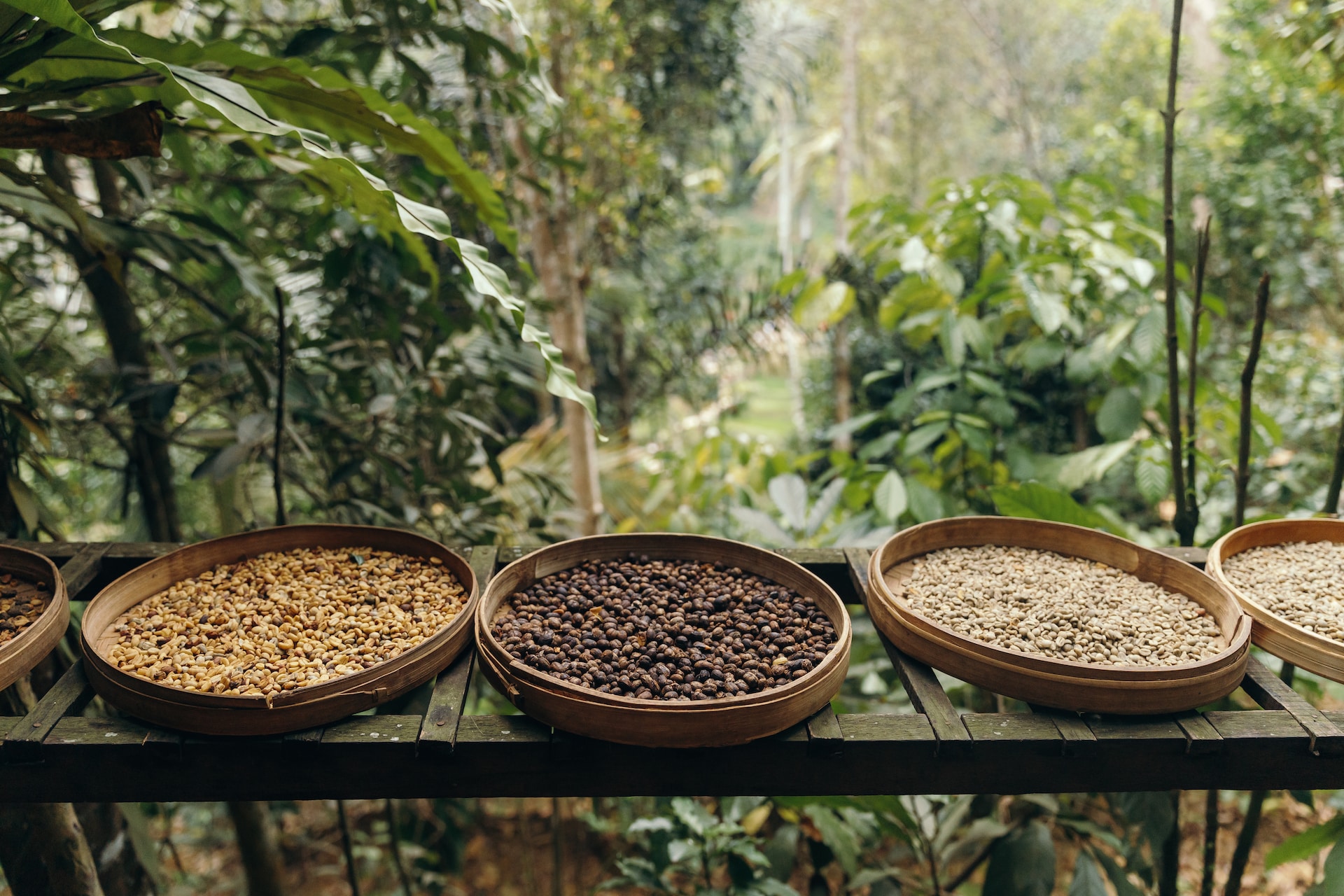
The Impact of Coffee Farming on the Environment
The Impact of Coffee Farming on the Environment
- Adam Smith
- 03-10-2023
- 29-07-2025
- 1203 views
- Featured Articles, Information

Coffee is one of the world’s most beloved beverages, enjoyed by millions for its rich flavors and stimulating effects. However, the journey from coffee bean to cup has environmental consequences that are often overlooked. In this blog post, we will explore the environmental impact of coffee farming, highlighting both the challenges it poses and the sustainable solutions that are being developed to mitigate these issues.
The Coffee Farming Environmental Impact
Deforestation and Habitat Loss
One of the most significant environmental concerns associated with coffee farming is deforestation. In many coffee-producing regions, forests are cleared to make way for coffee plantations. This deforestation not only disrupts local ecosystems but also contributes to climate change by releasing carbon stored in trees.
The keyword “coffee farming environmental impact” is closely related to this issue. The removal of forests often leads to habitat loss for various species, including endangered ones. This loss of biodiversity can have far-reaching ecological consequences.
Chemical Pesticides and Soil Degradation
Conventional coffee farming relies heavily on chemical pesticides and fertilizers. These chemicals can have detrimental effects on the environment. Pesticides may run off into nearby water sources, polluting rivers and harming aquatic life. Furthermore, the excessive use of chemical fertilizers can lead to soil degradation, making it less fertile over time.
Sustainable Solutions
Shade-Grown Coffee
To address the environmental impact of coffee farming, many producers are turning to shade-grown coffee. This eco-friendly approach involves cultivating coffee plants under the canopy of existing forests. Shade-grown coffee not only helps preserve the natural environment but also produces beans with unique flavor profiles.
Organic Coffee Farming
The organic coffee movement has gained momentum in recent years. Organic coffee is cultivated without synthetic chemicals, promoting healthier soils and reducing the risk of water pollution. Organic farming practices also encourage biodiversity by creating a more balanced ecosystem on coffee farms.
Agroforestry
Agroforestry is another sustainable farming method gaining popularity in the coffee industry. It involves planting coffee alongside native trees and other crops. This not only provides a more diverse and resilient ecosystem but also enhances soil fertility and reduces the need for chemical inputs.
Conclusion
In conclusion, the environmental impact of coffee farming is a critical issue that cannot be ignored. Deforestation, chemical pesticide use, and soil degradation are some of the challenges that coffee production poses to the environment. However, the industry is gradually shifting towards more sustainable practices, such as shade-grown coffee, organic farming, and agroforestry.
As consumers, we can also play a role in supporting environmentally responsible coffee producers. By choosing coffee that is certified as organic or sustainably sourced, we can contribute to a more environmentally friendly coffee industry. It’s essential to consider the broader impact of our morning cup of coffee and work towards a more sustainable and eco-conscious coffee culture.






















